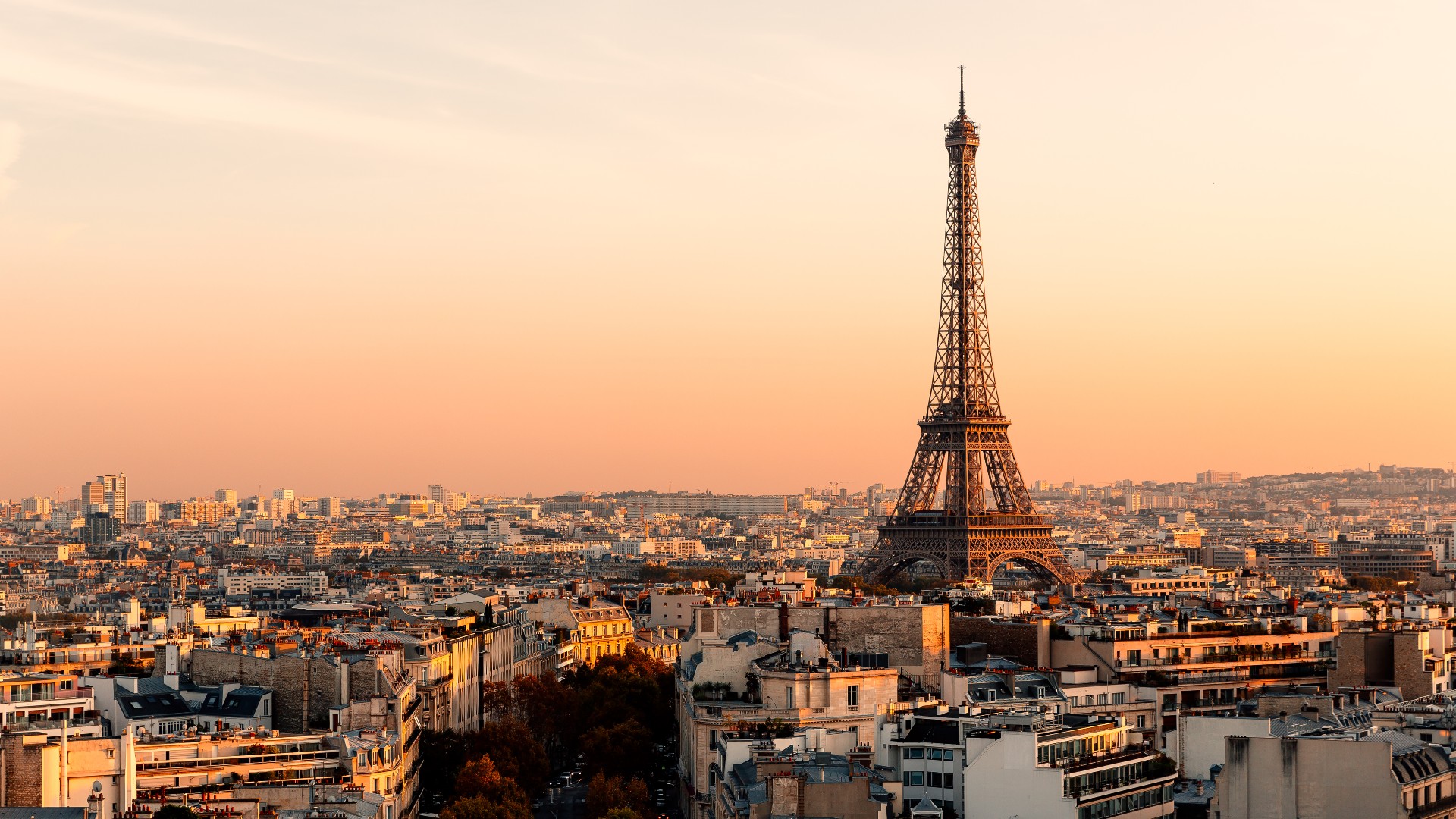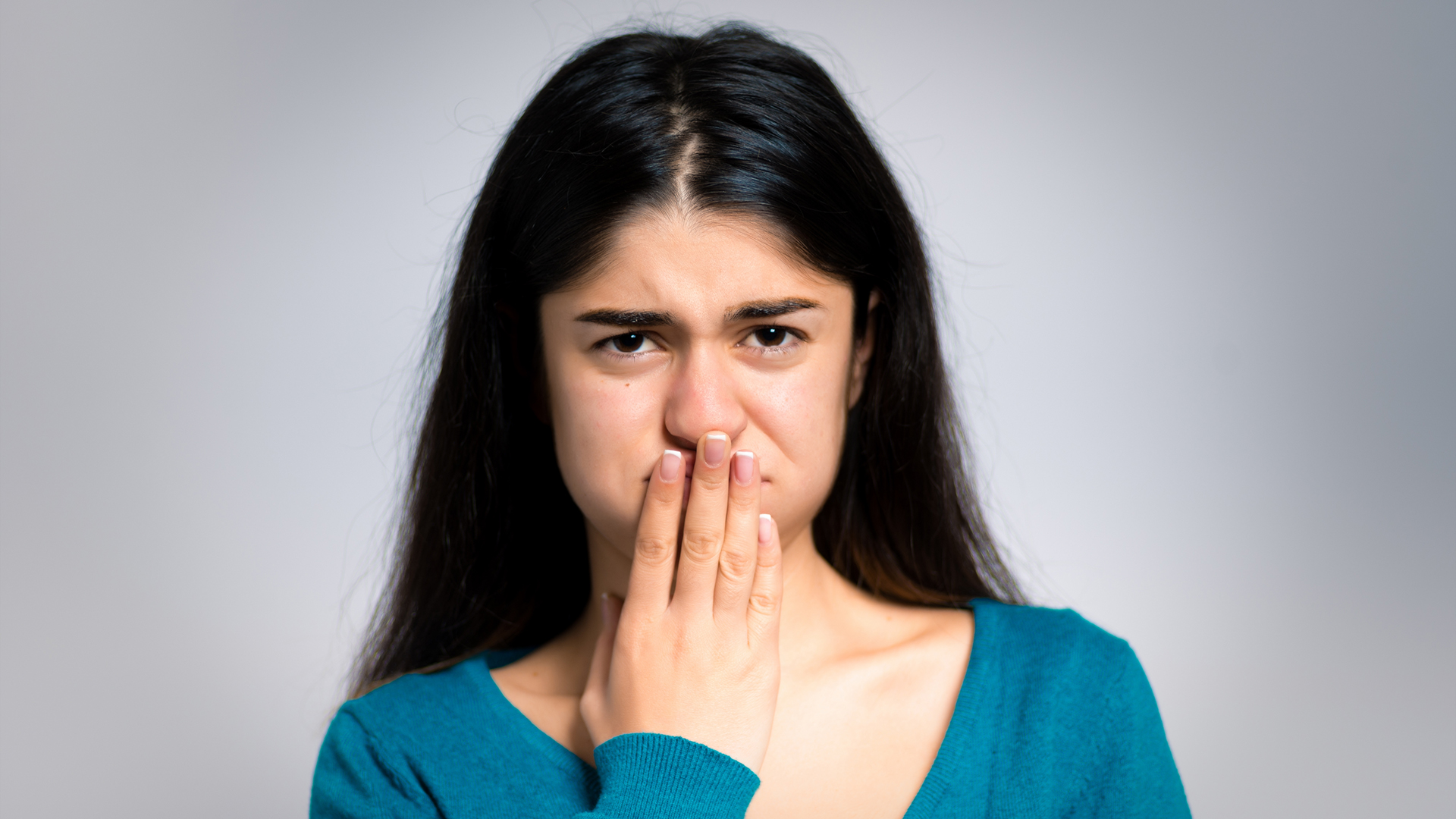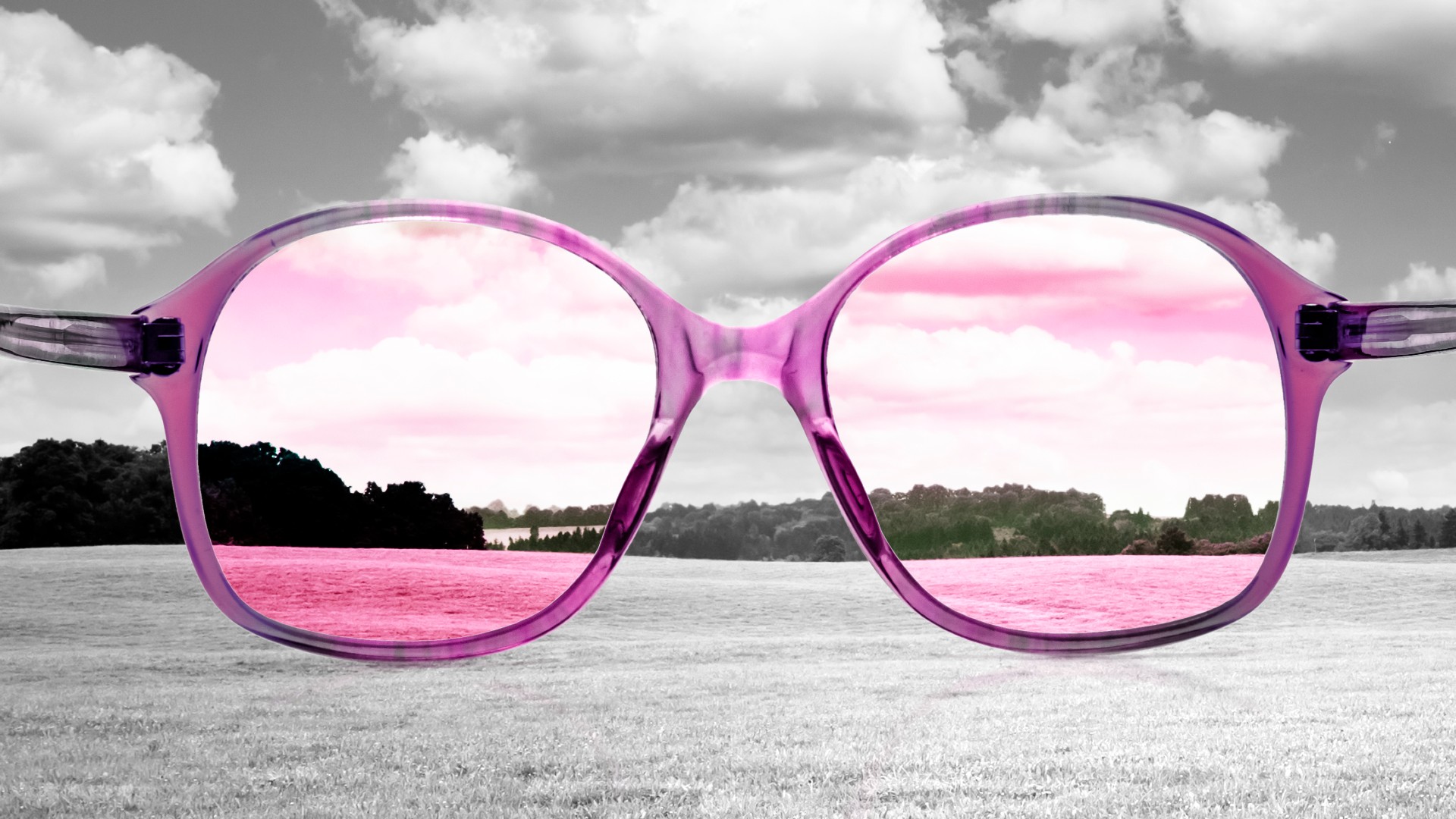
What is Paris syndrome?
What causes the nausea, vomiting and even hallucinations?

Paris, the capital of France, is awash with history; it's home to the Eiffel Tower, Arc de Triomphe, Notre-Dame Cathedral and the Louvre, the world's most-visited museum.
Yet, despite the city's wealth of cultural hotspots, architectural delights and superb restaurants (it currently has over 90 Michelin one-star eateries) some tourists find themselves unable to enjoy a trip to Paris. A small percentage of those who venture to The City of Light experience "Paris syndrome," a psychological condition with symptoms including nausea, vomiting, hallucinations and increased heart rate.
But what, exactly, is Paris syndrome? Who tends to be affected by it, and why?
Though not indexed in the Diagnostic and Statistical Manual of Mental Disorders (DSM), Paris syndrome is recognized by many experts as a real, though rare, phenomenon. According to Mathieu Deflem, a professor of sociology at the University of South Carolina, Paris syndrome is "most common among Japanese" tourists. Why, then, are Japanese people so susceptible?
"We are talking about a culture that, historically, had a completely different belief system and development trajectory from places in Europe," Rodanthi Tzanelli, a professor of cultural sociology at the University of Leeds in the U.K., told Live Science. These cultural differences, as well as likely unmet romantic expectations, may explain why Japanese visitors are at an elevated risk for Paris syndrome.
Related: Did Marie Antoinette really say 'Let them eat cake'?

Paris syndrome should be regarded as an extreme form of culture shock, Deflem said. Culture shock can, in particularly severe cases, result in people feeling disorientated, depressed, irritable and physically ill, according to the University of the Pacific in California.
"Culture shock is an illness resulting from the loss of meaning brought about when people from one symbolic reality find themselves immersed in another," Rachel Irwin, now a cultural sciences researcher at Lund University in Sweden, wrote in a 2007 article. In other words, people can become bewildered — sometimes to a significant degree — when surrounded by symbols (logos, names, signs, brands) that are different from those they would usually encounter.
The symptoms associated with culture shock are similar to those experienced by someone who is feeling anxious. According to Calm Clinic, a mental health resource website, when someone is experiencing anxiety, signals will be sent to the stomach that are "related to the fight or flight response." As a result, the "signals alter the way that the stomach and gut process and digest food, causing nausea." In particularly extreme cases of anxiety — as with culture shock — this nausea can lead to vomiting, disorientation and a host of other physical reactions.
While everybody experiences culture shock "in one form or another when visiting somewhere new," some people feel it in more pronounced and visceral ways when presented with a culture that is "unexpected or nuanced," according to Deflem.
Sign up for the Live Science daily newsletter now
Get the world’s most fascinating discoveries delivered straight to your inbox.
With regard to Paris syndrome specifically, "a number of factors are at work," Deflem told Live Science. "It will be a combination of expectations from Japanese culture and the reality of Paris."
Deflem noted that, generally speaking, Japanese culture has a somewhat romanticized view of the West, "especially Europe." This, Deflem suggests, is largely down to how Paris is represented in films — such as "Amélie" (Miramax Films, 2001), "Before Sunset" (Warner Independent Pictures, 2004) and "An American in Paris" (Loew's Inc., 1954) — and books — "A Night at the Majestic" (Faber and Faber, 2006), "The Ladies' Delight" (1883) and "A Moveable Feast" (Scribner Classic, 1964) — which tend to focus on art, coffee culture, quaint restaurants and cordial, intelligent conversation. He suggested that these expectations are "not realistic, especially in Paris, which is not known for being hospitable."
Indeed, a 2014 study carried out by Condé Nast Traveler named Paris the world's fourth most unfriendly city; a 2020 study by CEOWORLD magazine awarded Paris the title of rudest city in Europe; and a 2021 survey by InterNations, an organization dedicated to helping people relocate, concluded that Paris is Europe's third-least-friendly city for expats.
Related: How did bachelor and bachelorette parties get started?

In popular culture, "Paris is presented in ways that do not reflect the realities of the city, especially not in recent times, when much of Paris is no longer the France of old," Deflem said.
Additionally, Deflem highlighted that "Japan, for example, has a very orderly and polite culture," while Parisian everyday life is less so "despite its image," he said. "Parisians can sometimes be guilty of looking down on people — even non-Parisian French — which is seldom seen in Japanese culture. The confrontation is sharp."
According to Deflem, "very subtle differences" regarding cultural norms or societal expectations can cause confusion because "it makes situations tricky to navigate." Such misunderstandings can be difficult for tourists because it is hard to know when a "particular value is at play, when to apologize, when not to ask a question etc. Culture is complex."
But could visitors to other cities experience similar feelings? Might someone exhibit symptoms similar to those associated with Paris syndrome in other historic cities, such as Vienna, New York or Beijing?
Tzanelli thinks Paris syndrome may not be specific to the French capital. Rather, she regards it as "a very complex psychic phenomenon that has to do with disappointment, even despair, about the ways reality does not match our romantic expectations."
The syndrome is likely a "generational phenomenon," because younger generations tend to be "more globetrotting," and therefore are likely to be more prepared for what they will experience at a destination, she added.
However, Tzanelli is keen to point out that nobody is immune to culture shock, regardless of their age or the amount they have traveled.
"We are creatures of habit," she said. "We are inculcated into a particular way of life, adopt behaviors and habits from our surroundings, and become part of a culture and social group. We never think about these things, but habits, behaviors and values always work at the back of who we are and what we do. When we are suddenly taken out of this system of beliefs and habits, out of the ways we structure our life, we are left with no means to frame and define who we are."
Tzanelli noted that, although she's well acquainted with culture shock and has studied it in detail, she is by no means immune to its effects.
"I've had this experience [of culture shock] even in places I had previously visited," she said. "Time affects memory, and the stored images we have of places are bound to differ from reality."
Originally published on Live Science.

Joe Phelan is a journalist based in London. His work has appeared in VICE, National Geographic, World Soccer and The Blizzard, and has been a guest on Times Radio. He is drawn to the weird, wonderful and under examined, as well as anything related to life in the Arctic Circle. He holds a bachelor's degree in journalism from the University of Chester.









